Though you guys know my three contracted romantic comedies as Making Waves, Believe it or Not, and Mad Crush, those names have never stuck in my mind.
To me, the books will always be known by their working titles: Piratebich, Psychicbitch, and Winebitch.
In continuing with tradition, I’ve recently started Museumbitch.
I can’t tell you much about the plot. It’s not that I’m being secretive and stealthy, but rather that I’m clueless. What I can tell you is that the story is set at a Central Oregon museum specializing in wildlife exhibits and natural history. My fictional museum is a lot like Bend’s High Desert Museum, so I arranged to spend part of Monday interviewing staff there.
As a recovering journalist, I tend to bring my research-junkie habits when I write novels. In case it helps fellow writers (or for those of you curious about the process) here are a few tips for kicking off research for a new novel:
Reach out and touch someone
Since I’m a writer who prefers to minimize human contact, I generally make interview requests via email. I start with a simple note explaining who I am, what I’m working on, and what sort of questions I might like to ask someone in the organization. In the case of Museumbitch, I touched base with someone in the marketing department who already knows me from my day job. As is almost always the case, she seemed delighted with the idea of assisting with research for a novel – even though the novel isn’t even contracted for publication.
Write questions…then ignore them
Having a list of questions prepared in advance gives you a great way to fill any lulls in conversation, and also ensures you get all the information you’re seeking. Though I always make sure I go in with a few questions jotted on the first page of my notebook, I prefer to use the list as a crutch, rather than an agenda. Letting the conversation flow in unexpected directions is sometimes where the best ideas happen!
Get it on with a group
Interviewing a single person alone is fine, but if it’s at all possible, see if you can arrange to talk to two or three people at once. Having that sort of interplay between interviewees helps loosen people up a bit, and also gives you a better shot at getting those spontaneous bursts of info sharing where one person’s idea sparks another.
Don’t ignore the boring stuff
I didn’t go into Monday’s interview expecting one of my subjects to devote the first ten minutes to a recitation of job titles within the museum. As it turned out, this was some of the most valuable information I gathered. I knew beforehand that my heroine would be in charge of fundraising for the museum, but I had no idea how much manpower it actually takes – even in a fairly small, non-profit organization. I also got some great ideas for secondary characters and funny scenes – stuff I never would have gotten if I’d asked her to skip the employee roster and go straight to telling funny stories about taking the museum’s raptors to cocktail parties (no, I’m not kidding, and yes, I’ll definitely be writing about that).
So there you have it…my top tips for interview-based novel research. Got any of your own to share? Or any questions you want to throw out there about my process? Leave a comment!
I’m hoping that’ll cause you all to forget I don’t have a plot.



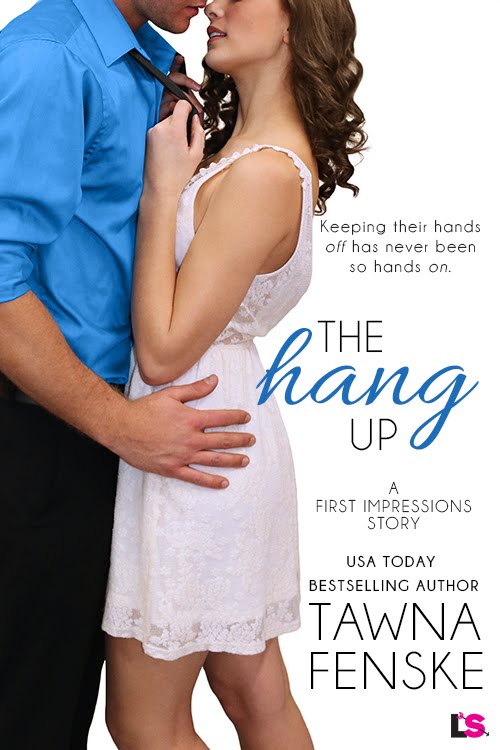
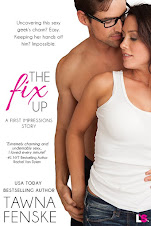


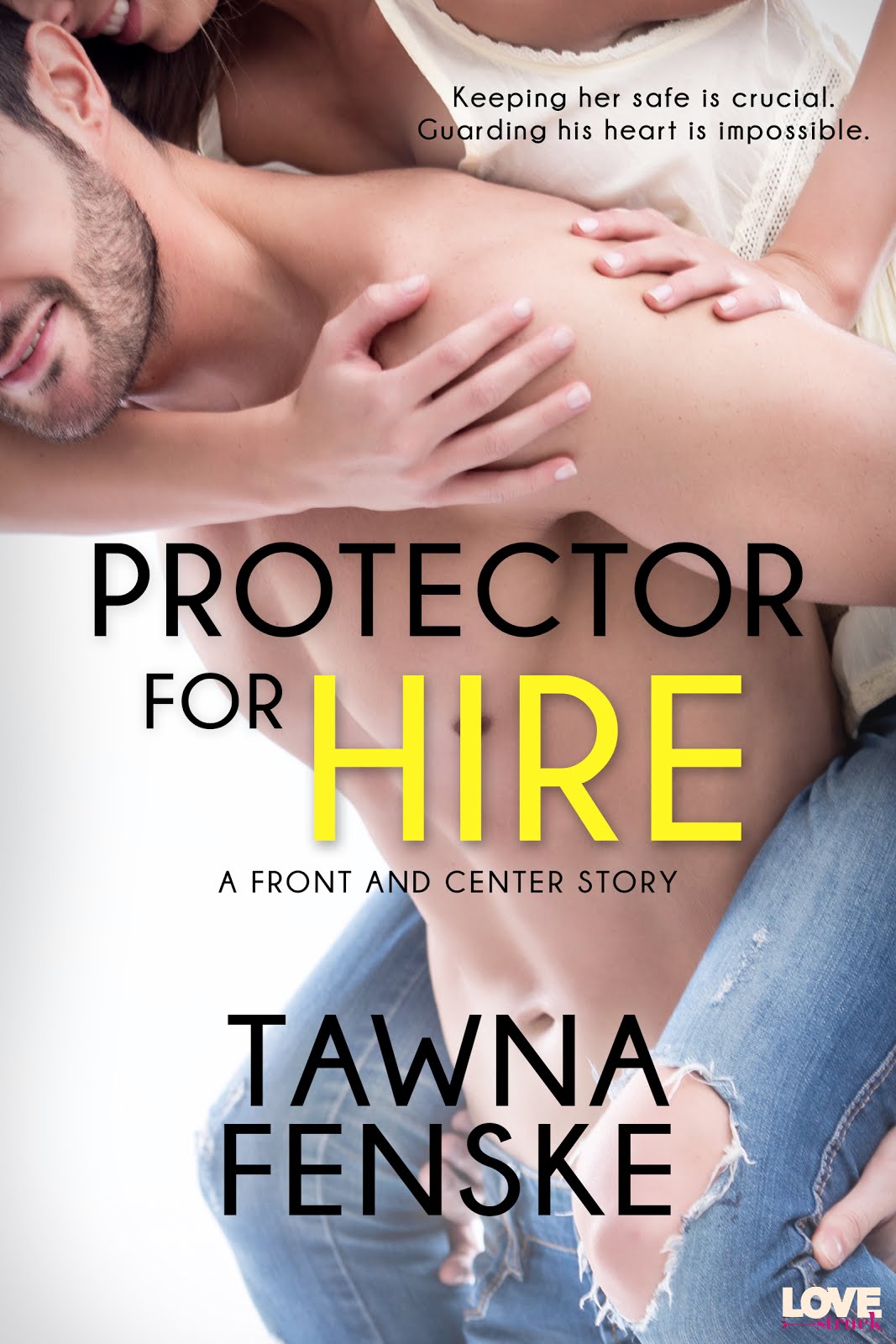
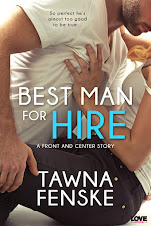
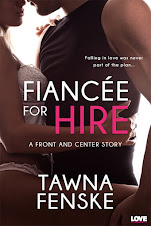


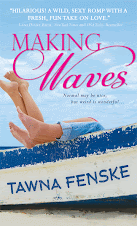
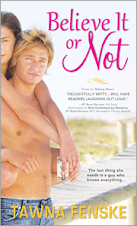

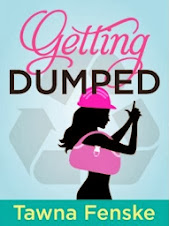
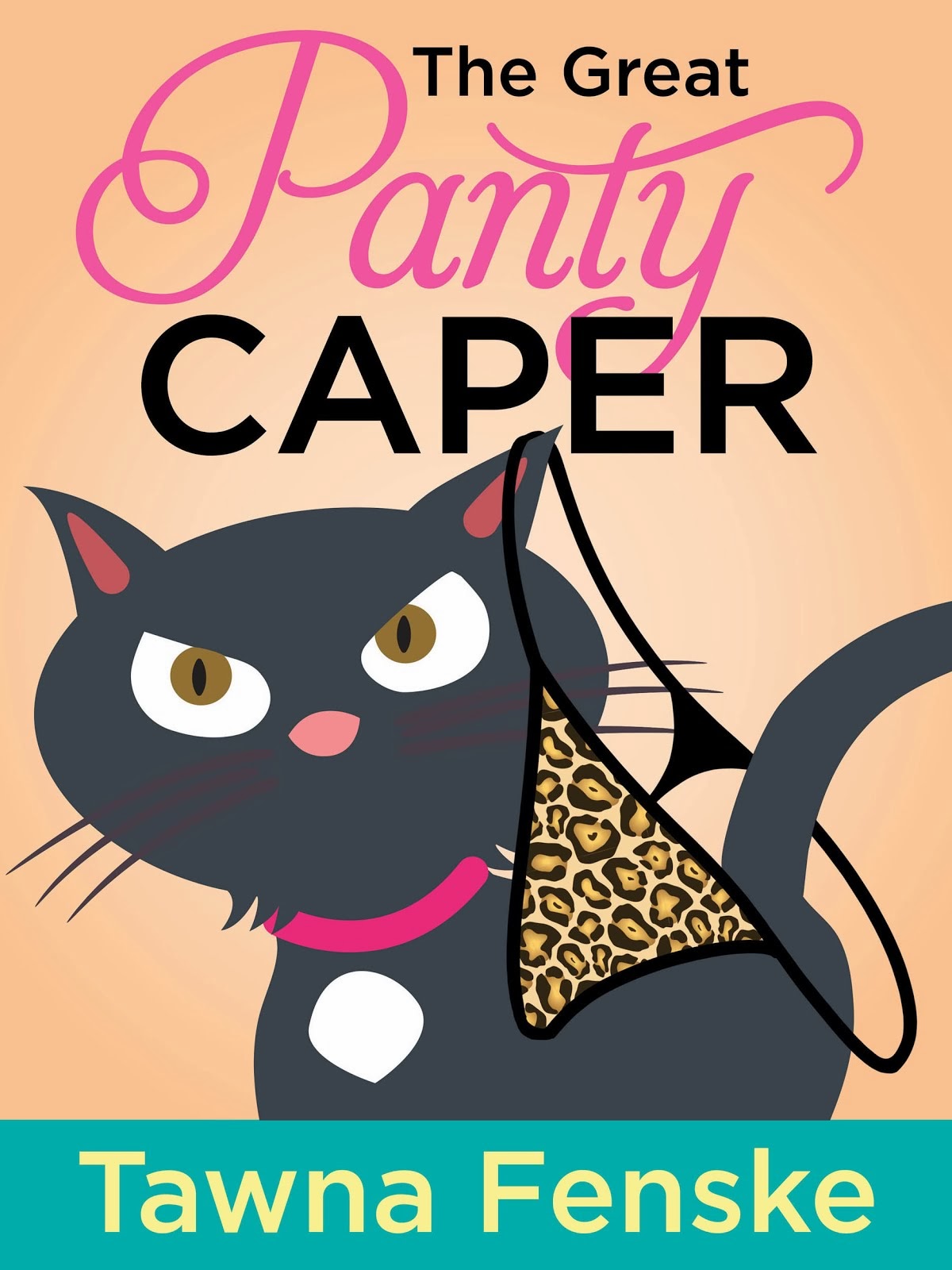
5 comments :
I recently discovered that if I'm brave enough to admit that I'm writing a novel, people will respond by offering amazing information!
Wow, you make research sound kinda fun. I write contemporaries, partly because I don't want to spend years of my life researching the Regency period or whatever, but this kind of research with, you know, actual living people actually sounds cool! Noted. :)
-Sonja
I'm always amazed how open complete strangers are to interrupt their day with my stupid questions. I've called a car dealer, owner of a firing range, a barkeep in Wyoming, to mention a few, and they have all been happy to answer my questions, and even continue brain dumping to give me ideas. People are great, given the chance.
-- Mac
It may be illegal or immoral (yeah I don't really care about that) but one thing I've always wanted to try is to secretly record conversation (research based or otherwise) with a pocket recorder.
For one thing, if I were treating your museum contacts (in this example) to happy hour and it seemed more like casual conversation than an interview, insight normally guarded could surface.
And for dialogue, what could be better for realism than typing out exact phrasing actually used in casual conversation. Having trouble getting the banter right in a bar scene? Just go to the corner pub and let the local color write it for you. And the process itself of transcribing actual conversation is bound to improve style for other dialogue created from scratch.
I'm sure this isn't a revolutionary idea but it still sounds fun. Dirty sneaky fun.
Shall we add "bring alcohol" for the fourth point about chatting with a group? That has the potential to give you the basics in the beginning, and all the crazy, fun stuff at the end. :)
Post a Comment